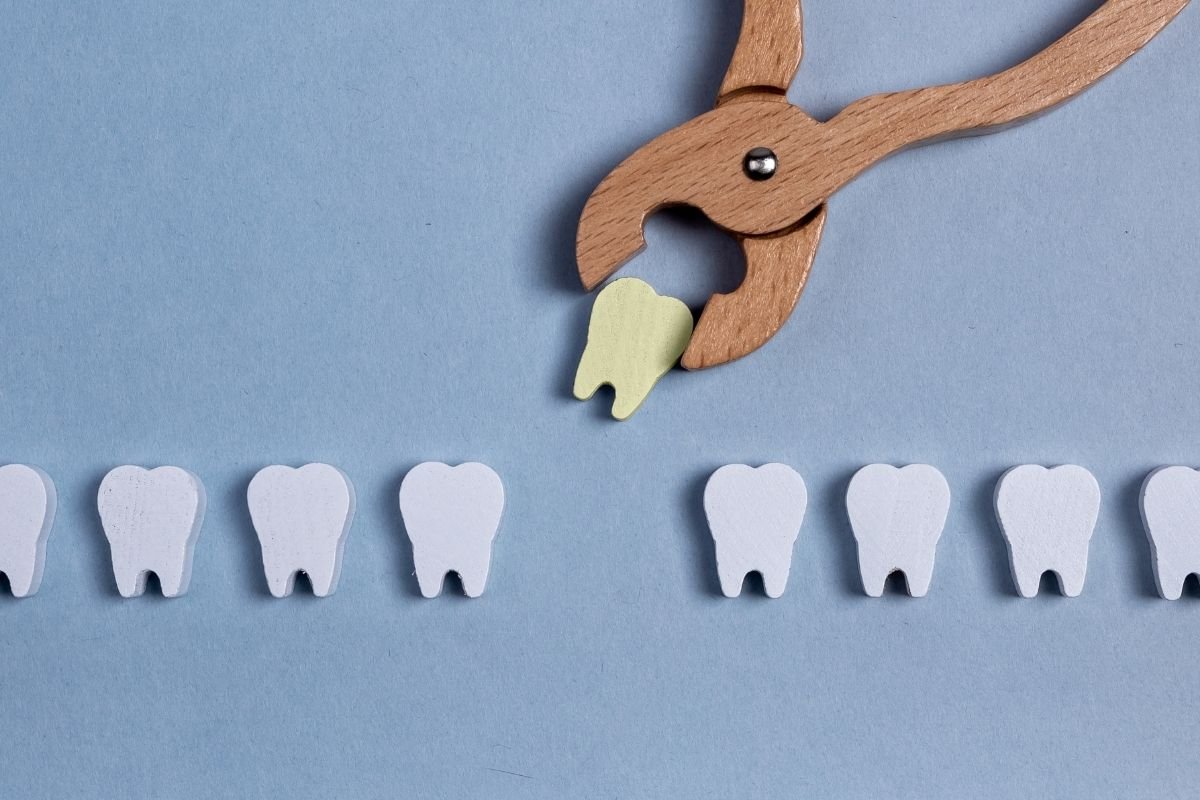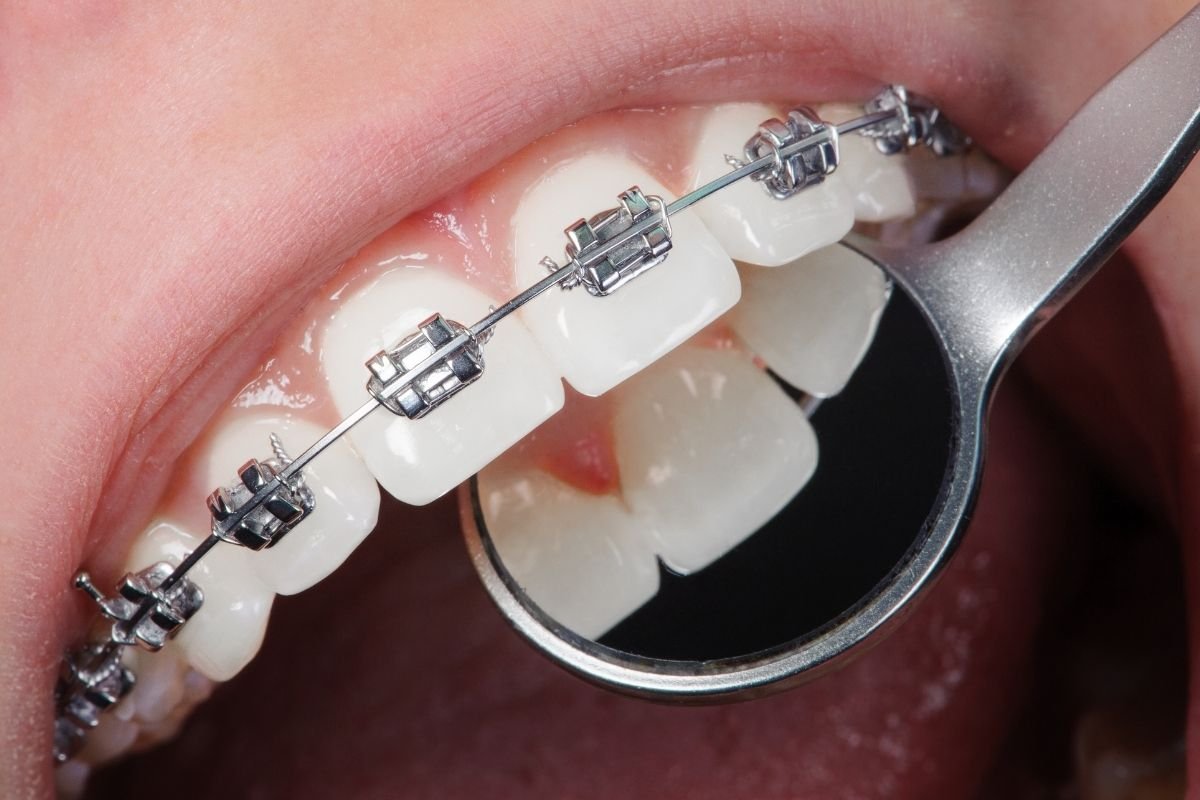
A captivating smile has the power to light up a room and leave a lasting impression. Dental crowns, a cornerstone of restorative dentistry, offer a pathway to reviving and enhancing your smile. This comprehensive guide aims to demystify the world of dental crowns, revealing their transformative potential.
Understanding Dental Crowns: The Art of Restoration
Dental crowns are custom-fitted caps that encase a damaged or weakened tooth, providing strength, protection, and aesthetic improvement.
Types of Dental Crowns
- Porcelain Crowns: Known for their natural appearance, these crowns blend seamlessly with existing teeth.
- Metal Crowns: Durable and long-lasting, metal crowns are often recommended for back teeth.
- Porcelain-fused-to-Metal (PFM) Crowns: These combine the strength of metal with the aesthetics of porcelain.
The Dental Crown Process: From Consultation to Completion
- Initial Consultation: A thorough assessment is conducted, including x-rays and impressions, to determine the suitability of a crown.
- Tooth Preparation: The tooth is reshaped to accommodate the crown. An impression is then taken to ensure a precise fit.
- Crown Fabrication: Skilled technicians craft the crown in a dental lab, considering factors like color, shape, and size.
- Crown Placement: The crown is carefully fitted and bonded in place using dental cement. Final adjustments are made for comfort.
Advantages of Dental Crowns
- Restored Functionality: Crowns provide strength to weakened teeth, allowing for normal chewing and biting.
- Aesthetic Enhancement: They improve the appearance of damaged or discolored teeth, resulting in a more pleasing smile.
- Protection and Longevity: Crowns shield vulnerable teeth from further damage and can last for many years with proper care.
Navigating the Path to Dental Crown Restoration: Candidacy and Considerations
Who Is an Ideal Candidate for Dental Crowns?
Dental crowns may be recommended for individuals experiencing:
- Extensive tooth decay or damage.
- Fractured or cracked teeth.
- Large fillings or weak teeth post-root canal therapy.
- Aesthetic concerns with visible teeth.
Considerations Before Getting a Dental Crown
- Oral Health: The existing tooth and surrounding gums should be in good condition to support the crown.
- Bruxism (Teeth Grinding): If you grind your teeth, a nightguard might be advised to protect the crown.
- Maintaining Oral Hygiene: Regular brushing, flossing, and dental check-ups are crucial for the longevity of the crown.
Dental Crowns vs. Alternative Procedures
Crowns vs. Fillings
- Extent of Damage: Fillings are suitable for minor to moderate cavities, while crowns are recommended for more extensive damage.
- Strength and Durability: Crowns provide greater strength, especially for teeth with large fillings or those weakened by root canals.
- Aesthetics: While fillings are visible, crowns can be customized to match the color and shape of natural teeth.
Crowns vs. Dental Implants
- Purpose: Crowns are used to restore and protect existing teeth, while implants replace missing teeth.
- Invasiveness: Implant placement involves oral surgery, while crowns are a non-invasive option for damaged teeth.
- Timeframe: Crowns can be completed in a few visits, while implants may require several months for the implant to integrate with the jawbone.
Caring for Your Crown: Maintenance and Practices
Maintaining a dental crown involves adopting a tailored oral care routine:
- Regular Dental Check-ups: Routine visits facilitate early detection of any issues and ensure the longevity of your crown.
- Gentle Toothpaste and Soft Toothbrush: Non-abrasive toothpaste and a soft-bristle brush help preserve the crown’s integrity.
- Avoiding Sticky or Hard Foods: These can potentially damage the crown, so it’s best to exercise caution.
- Mouth Guard for Teeth Grinding: If you grind your teeth at night, a mouthguard helps protect your crown from potential damage.
FAQs About Dental Crowns
Can Dental Crowns Be Whitened?
Dental crowns are resistant to traditional teeth whitening methods. If you’re considering teeth whitening, it’s best to do so before getting a crown.
How Long Do Dental Crowns Last?
With proper care, dental crowns can last between 10 to 15 years. Regular dental check-ups and good oral hygiene practices are essential.
Can Crowns Fall Off?
While it’s uncommon, crowns can become loose or fall off. If this happens, contact your dentist immediately.
Are Dental Crowns Noticeable?
Modern dental crowns are designed to blend seamlessly with natural teeth, making them virtually indistinguishable.
Do Crowns Require Special Care?
While crowns don’t require extraordinary care, it’s important to maintain a regular oral hygiene routine and attend routine dental check-ups.
Is Getting a Crown Painful?
The process is typically not painful. Local anesthesia is used during the procedure to ensure your comfort.
Conclusion: Embrace a Renewed Smile with Dental Crowns
Dental crowns represent a journey towards dental restoration and aesthetic enhancement. Their ability to revitalize and protect damaged teeth is a testament to the artistry of modern dentistry. Embrace this opportunity to unlock a new level of confidence and self-expression. Experience the transformational power of dental crowns and embark on a journey to a more radiant you.









